Turkish Rose – Properties, Distillation, and History
Table of contents
Overview and Botanical Identity
The rose has been accounted as a fragrance ingredient for centuries. In the late 18th century, the queen of France, Marie Antoinette used to have rose petals compiled to her bath water to smell the precious fragrance, while rose essential oil has been highly respected throughout history as a healing essence.
Turkish rose, botanically known as Rosa damascena and commonly known as Damask rose, is most prevalently cultivated in Turkey, mainly in the Isparta area in the southwest region of the country. Isparta is globally known as “the city of roses” and is the biggest producer of Turkish rose oils in the world. About 4000 acres of land is dedicated to cultivating the Turkish rose flowers in this city.
Properties
The botanical properties of the Turkish rose have been extensively researched and it’s especially noted for its anti-aging actions along with a variety of medicinal effects including anti-inflammatory, analgesic, cardio-protective, anti-tussive, antioxidant, and many more.
Several ancient texts mention that rose is great for issues of the heart and the brain. The extract of Turkish rose flowers has been found to potentially increase heart rhythm and contractility. Some researchers also suggest that rose oil shows an anti-convulsant action and may reduce the recurrence of seizures in children who don’t respond to anti-epileptic drugs (AEDs)
Turkish rose has been found effective in improving brain function and has potential as a therapeutic agent for the treatment of dementia. Besides, it has beneficial effects on symptoms of Alzheimer’s disease such as synaptic loss, neuritic atrophy, and memory impairment.
Turkish rose oil contains a natural antioxidant ingredient called kaempferol which is very effective for treating wrinkles, pigmentations, and fine lines majorly caused by oxidative stress.
Lastly, the fragrance of Turkish rose is used in herbal teas. Rose syrups and rose jams are also prepared to get the benefits of the flowers. Rosewater is widely used in religious ceremonies and is often sprinkled on participants. Rosewater is also added to several delicious and traditional dishes throughout the world.
Distillation
Rose oil is obtained usually by water distillation of fresh rose flowers. Commercial oil-containing rose is a widely cultivated plant. After planting a rose twig in a rose garden, it takes almost 3 years for a rose plant to gain maturity. In general, a rose garden remains productive for as long as 25 to 30 years.
The harvesting season of the Turkish rose flowers remains around one month specifically from mid-May to mid-June. Roses are handpicked in the first morning mostly before sunrise and immediately transported either to the collection centers of different firms or directly to factories.
An expert worker can pick around 35 to 40 kg of roses in a day. In the picking season, factories remain open 24 x 7 for one month. Other times, the factories remain closed waiting for the next season.
In the traditional distillation process, freshly harvested flowers are placed into a big copper or galvanized steel open fire still. The removable head is connected to a tube that leads into a pool filled with water to cool down the condensate. A 9-liter collecting flask made with glass adjusted at the outlet. Generally, 60 liters of water and 10 kg of flowers are poured into an open fire still with 300-liter capacity and distilled for one to two hours in order to collect 18 liters (2 flasks) of distillate.
The oil cannot separate because of the low concentration of oil in the distillate. Hence, about 60 liters of distillate is distilled again to yield another 2 flasks full of distillate from which the oil is decanted. The remaining aqueous part is diluted with distilled water that’s popular as rose water. In general, 3.5 to 5 tons of rose petals are required to yield 1 kg of rose oil.
Rose concrete is derived by extracting rose petals with n-hexane and then eliminating the hexane, which leaves behind a solid extract that’s highly fragrant and looks like shoe polish wax. When rose concrete extraction is done with ethanol, the dark liquid collected is called rose absolute. Generally, 400 kg of rose flowers is required to collect 1 kg of rose concrete.
The world’s annual market for rose oil is around 3 tons and for rose concrete is around 9 tons. Presently, Turkey supplies 50% of the global demand for rose oil.
History
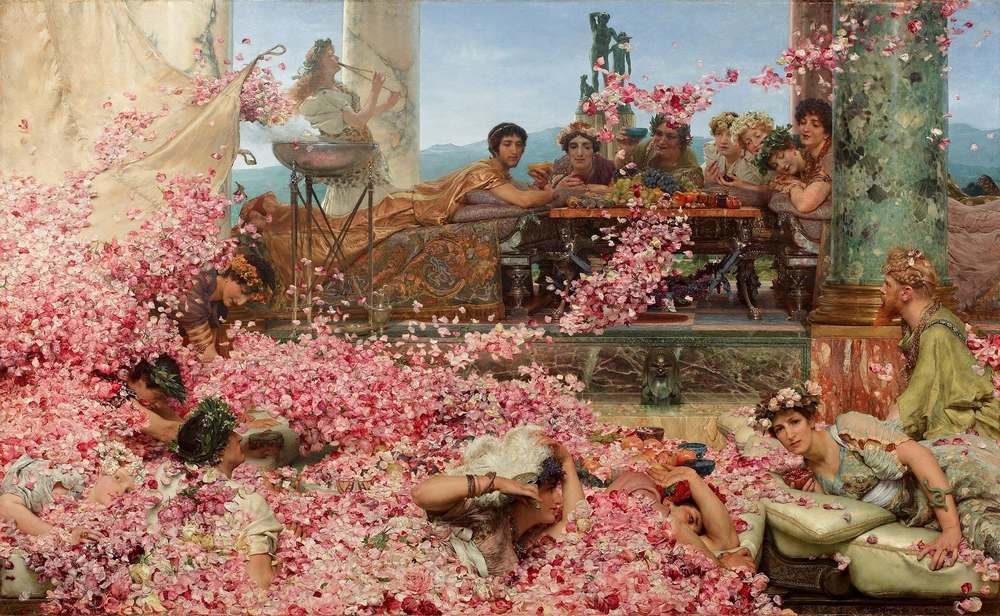
The Roses of Heliogabalus by Alma-Tadema
Rosewater and rose oil both are obtained by water distillation of fresh rose flowers. According to records, distillation isn’t too ancient. Mostly is attributed to Arabs’ Alembic of the 9th century CE and some attributed it to the alchemists of Alexandria of 50 BCE and onwards. One record suggests that distillation by ceramic pots was first used by the Indus Valley civilization in around 5000 BCE.
In ancient Islamic medicinal texts, the 3 rose-obtained medicinal products are discussed most predominantly. These rose products include – rose water, rose oil, and rose confection – a paste of rose and honey.
In the 9th CE, Arab physician Al-Kindi used to prescribe rose variations for ulcers, stomach pain, sore throat, liver disorders, mouth disorders, burns, and wounds.
The great physician Ibn-al-Sina, commonly known as Avicenna in modern medicine, was the first scientist who emphasized the beneficial effects of rose essence on the heart and the brain. He praised rose water for its effective benefits on the mind and soul, and its tremendous benefits on brain function and cognitive power.
In India, rose oil was once called Itter-e-Jahangir (Jahangir’s perfume) after the Mughal Emperor Jahangir. Jahangir ruled India from 1605 to 1627. His Empress Nur Jahan used to take bath in a pond filled with roses.
Final words
A number of Turkish rose oil variations are used in natural perfumery such as “Rose Attar“, “Rose Absolute”, and “Rose Concrete”. The whole process of producing natural perfumes using Turkish rose depends on intense manual labor as the flowers are picked and gathered by hand. Turkish rose oil is one of the most expensive materials in the world. Turkish rose has been assumed as a symbol of royals.
La Via del Profumo produces only natural perfumes including Turkish Rose Absolute and Turkish Rose E. O. in the most possible natural manner.
Here you can check out our natural perfumes.
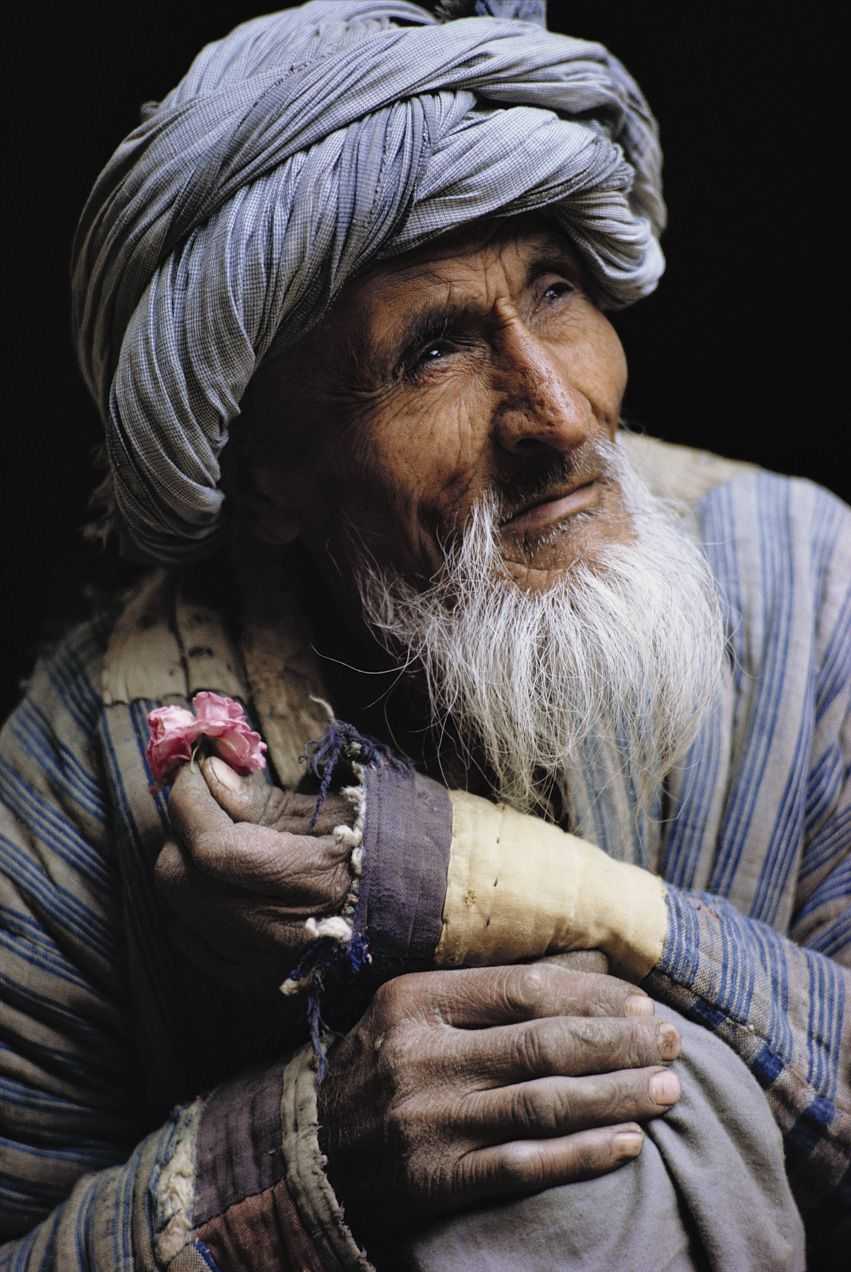
Photo credit: Sabrina and Roland Michaud – Voyage en quête de lumière

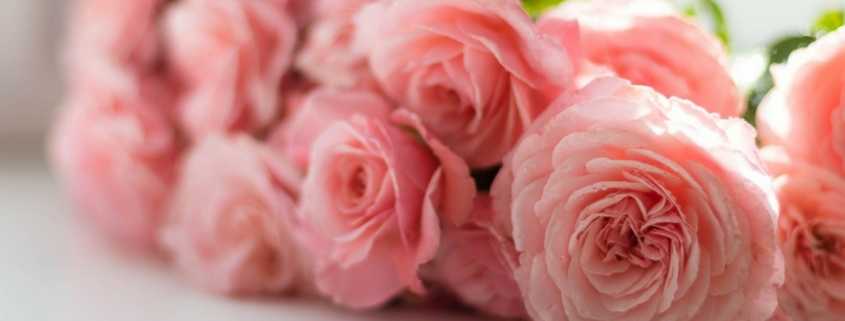

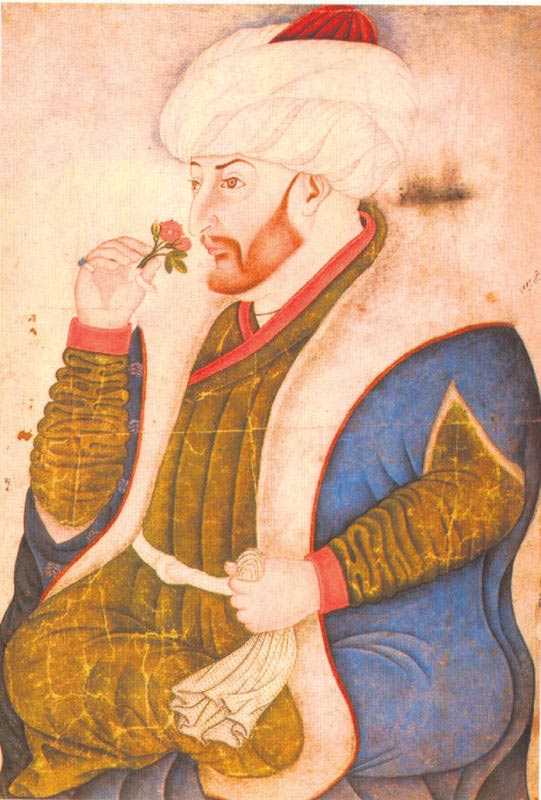
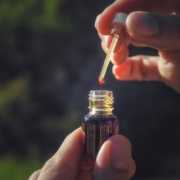
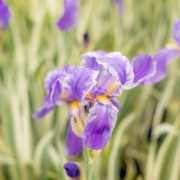
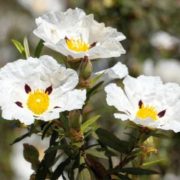



















Leave a Reply
Want to join the discussion?Feel free to contribute!